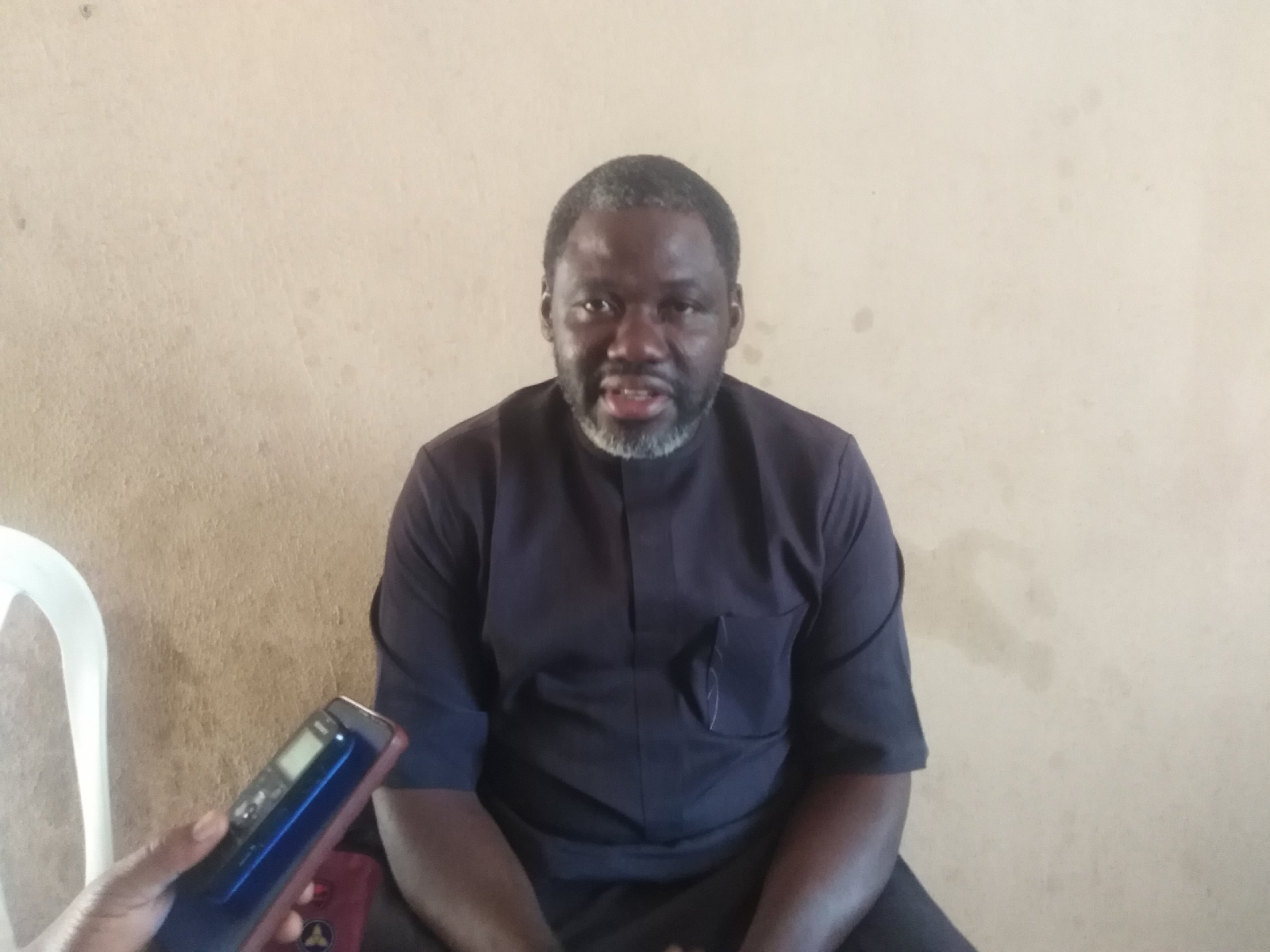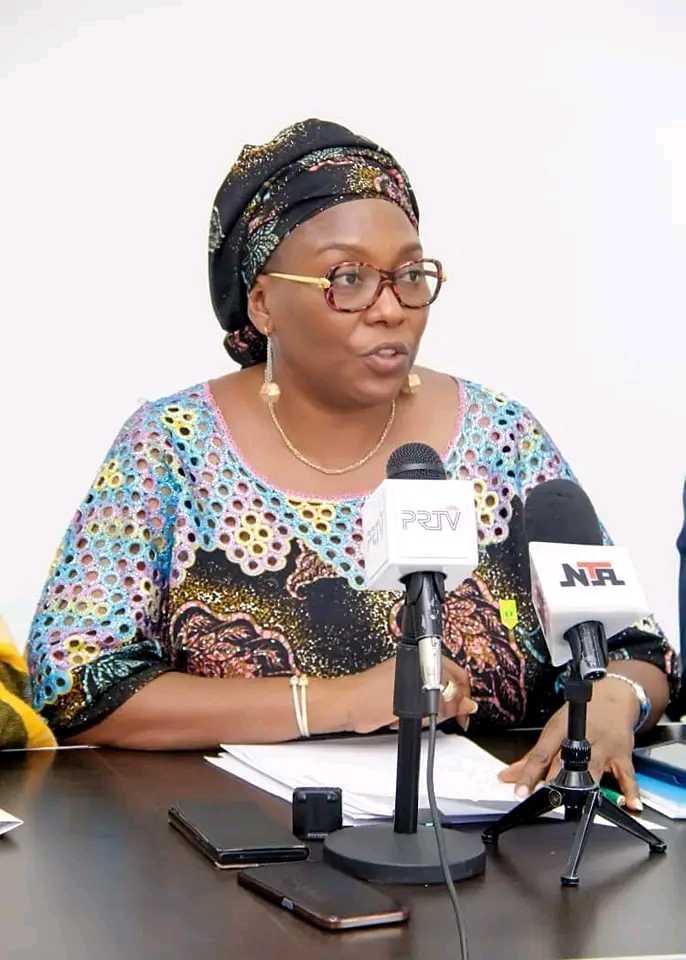Northern Elders Forum Rejects Tinubu's Tax Reform Bill
The Northern Elders’ Forum (NEF), on Saturday, November 23, reaffirmed its rejection of the Tax Reform Bill.
NEF described it as a policy “conceived in bad faith”, adding that it threatens national cohesion.
The group criticised the manner of its implementation, alleging that key stakeholders, including members of the National Economic Council (NEC), were sidelined during the process.
The convener of NEF, Professor Ango Abdullahi, in a communique after the forum Board of Trustees’ second bi-annual meeting, in Abuja, warned against policies that could further marginalise the north’s resource potential.
The forum lauded the Northern States Governors’ Forum and the Northern Nigeria Council of Traditional Rulers for opposing the bill, dubbing their stance “patriotic” while urging Northern politicians in the National Assembly to speak out against it.
He said: “The meeting seriously maintained that, in its present form, the Tax Reform Bill is conceived in bad faith, poorly packaged and it is a palpable threat to our unity and national cohesion.
“The Board-in-session, condemned in very strong terms, the conspicuous loss of voice on this burning issue by the overwhelming number of elected politicians in the National Assembly from the region, and fiercely warned, that indeed, the days are fast gone, when such conspiratorial connivance against the vital and strategic interest of the region, either by those within or outside the region, would be condoned or even tolerated.
“In consideration of the deteriorating situation in the education sector in the country in general and the North in particular, the Board-in-Session was alarmed by the high percentage, now about (60%) of students in Northern Nigeria, who involuntarily were not able to return to their institutions of higher learning, universities, polytechnics, colleges of education and legal studies, due to high costs of tuition fees and unaffordable daily transportation to and from schools.
“The Meeting went on to discuss the explosive crisis of out-of-school children now estimated to be 20 million in the whole country, of which over 80% comes from the North. Against this troubling reality, the Board-in-session expressed serious doubt, on the viability and efficacy of the much-touted Federal Students Loan Scheme as a panacea to this malignant malady.
“The meeting spiritedly decried the prevalence of condescending attitudes being exhibited by some powerful political actors in the region, who more often than not, behave arrogantly and disdainfully like rulers rather than leaders fully committed to the plight of their people.
“The Board-in-session urgently called on the people of the North to stay resolute and remain vigilant in defence of their inalienable rights, particularly their voting rights and to desist from allowing themselves to be deceived yet again, through subterfuge, use of ill-gotten wealth and religious manipulation, by some unscrupulous elements, whose past records did not portray them to be persons of integrity, character, and probity.
The NEF urged Northerners to remain vigilant in defending their rights, particularly during elections, and warned against falling victim to manipulation by unscrupulous leaders with questionable records.
Meanwhile, te Chairman of the Presidential Tax Reform Committee, Taiwo Oyedele, has cautioned that allowing state governments to collect Value Added Tax (VAT) could result in chaos.
Speaking during an interview two weeks ago, Oyedele explained that a similar approach was attempted in the 1980s with sales tax, but the sub-national governments failed to generate significant revenue through it.
He argued that state-level VAT collection would lead to reduced revenue and create challenges for businesses nationwide.
Currently, under Section 40 of the VAT Act, VAT revenue is distributed as follows: 15% to the Federal Government, 50% to the States and Federal Capital Territory (FCT), and 35% to Local Governments. The allocation to states and local governments includes a derivation principle of at least 20%.
Although not explicitly stated in the VAT Act, other factors influencing the distribution include 50% based on equality and 30% based on population. Additionally, 4% of collections are allocated to the Federal Inland Revenue Service (FIRS) as a collection fee, and 2% to the Nigeria Customs Service (NCS) for import VAT.
Several southern states have voiced dissatisfaction with the current VAT distribution formula, arguing that they do not receive a fair share.
In 2021, the Rivers State Government sued the Federal Inland Revenue Service (FIRS) at the Federal High Court in Port Harcourt and secured a judgment in its favor, affirming that the state government is entitled to collect VAT within its jurisdiction. This ruling implied that each state would be responsible for administering VAT within its territory.




Comments
Post a Comment